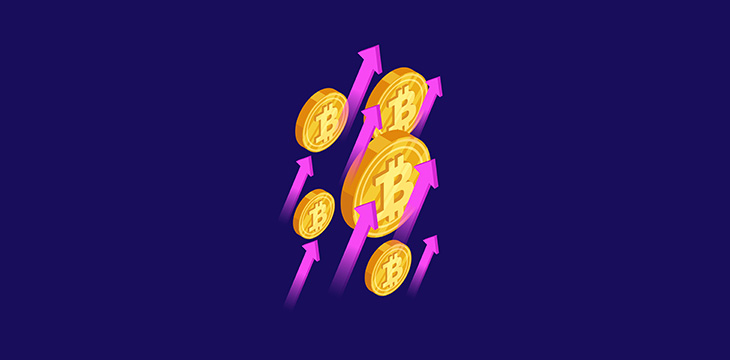|
Getting your Trinity Audio player ready...
|
With the recent historic Quasar protocol upgrade, which saw Bitcoin SV’s (BSV) maximum block size increased to 2GB, Operation Data Blast immediately proved that the upgrade was successful, creating world record block sizes from transactions full of content data. Just recently, Chinese BSV supporter Aaron Zhou wanted to test the blockchain’s ability to handle as many transactions as possible.
As he reveals in his blog post, “Bitcoin SV main network stress test report @ 2019-08-03,” Zhou felt a stress test for a massive amount of transactions was necessary. During the test, which lasted for more than two hours, he broadcast more than 2 million transactions, creating a blocks of 808,000 transactions with a size of 210MB and another of 702,000 transactions, with size 183MB. All told, this resulted in transaction fees of over 2 BSV for each of the mentioned block.
The BSV blockchain performed admirably, with no blocks orphaned, and no block reorganizations being needed. However, it did show that the stress of that many transactions could cause temporary outages with some blockchain and wallet services.
For example, Zhou noted that Blockchair, Money Button, WhatsOnChain, BitcoinBlocks.live and Bchsvexplorer all had temporary setbacks during the stress test. While this could be due to the same node memory issues that service providers have has experienced in the past, it’s also possible that their website and database services, totally unrelated to the blockchain or their nodes, couldn’t keep up with the speed and load of updates created by the blockchain.
Zhou made sure to commend BSV.BTC.com, Bitfire.io, Mempool, and Unwriter’s applications, which all worked perfectly during the stress test
Zhou’s conclusions were such:
Quasar is an important network upgrade, and BSV is on the road to dealing with massive transactions and continued expansion.
1. Large block propagation and verification, normal
2. Massive transaction dissemination and verification, normalBut you can do better. It is noted that the two chunks are very long-out, because it is a very time-consuming operation to verify massive transactions, which is where future improvements can be made.
The lesson to take away from this stress test is that the blockchain is ready to handle the load, but the businesses who contribute to its infrastructure will need to keep pace.
The BSV Node team has informed CoinGeek that it was able to handle the load of the stress test with only 8GB of memory in its node, but recommends having 16-32GB of RAM to be safe. At the same time, make sure the rest of your infrastructure, like web services and connecting databases, can keep up with the impressive load of transactions coming across the blockchain.
Now that Bitcoin is professionalizing, it’s important that everyone involved professionalize as well. BSV is not a hobby project; it’s the future data ledger and digital currency of the world, and it requires the infrastructure to support it for those ambitions. As great as this test could have gone, the real transactions will be coming soon, and all partners involved will need to be ready for it to prove that BSV is the blockchain for enterprise usage.

 02-19-2026
02-19-2026 




